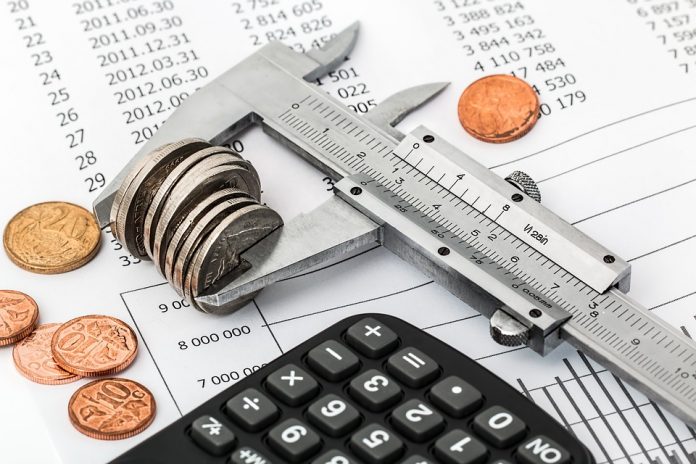While budgeting might not be easy for most people due to the fear of being tied down, it is a great way to keep track of your income and expenditures. A proper budget will enable you to decide on the most important things that you need and avoid overspending.
After figuring out what you need to achieve, you can make use of a budget to meet your goals. A loan calculator or budget calculator are great tools that help monitor income and expenses. Below are tips for using a loan calculator when budgeting.
1. Compare income and expenses
A loan calculator comes in handy once you have identified your expenses. You can add up the sum of your expenditures alongside your income to determine how much you spend and how much you are left with. You can then decide on how to use the surplus, for example, by investing it or adding it to your savings. If you have a deficit, figure out what is not essential and cut it. Your expenses should not exceed your income, although you can find a part-time job if you want. The main point is to never exceed your expenses.
2. Pay off loans and credit cards
If you happen to have loans, store cards or credit cards that you need to settle, a loan calculator can help you estimate how much you owe. Always pay off debts that charge higher interest rates first or at least pay a minimum of what you owe monthly if you cannot pay them all at once.
3. Investing
Calculate how much your savings amount to before deciding on how to budget the money. You can make an investment plan or put some money into your pension for a more comfortable life later. It is good to start adding to your pension as soon as possible, even small amounts, as it truly makes a difference over time.
4. Keep a budget spreadsheet or financial diary
A budget spreadsheet or financial diary will enable you to budget effectively and keep track of any unnecessary spending. Form two spreadsheets, one showing your income plus expenses and a duplicate showing the expenses that you are intending to reduce or cut down. The formulas will help add up your expenses and you will be able to view and see which costs can be cut down and saved to add up to larger savings.
When working with a financial diary, choose a time period, such as a month or number of weeks and record all your spending in a notebook. You can create as many categories as you want like lunch, transport, and many others. Also include snacks, drinks, and donations among other small expenditures. Sum up at the end of the chosen time period how much you’ve spent and eliminate any wasteful spending.
5. Make adjustments
Most of the time, calculations in expenditure reveal wastage of money on unnecessary items. Review your budget, make calculations and adjust as needed. Major events like weddings might impact your budget, but after they have ended you should adjust accordingly. Other events like the birth of a newborn into the family will change your budget and you will simply need to modify your budget when life events happen.
A loan calculator will enable you to do all the above, make estimations and finally review your overall expenditure to determine how to budget effectively and save more.
Hundreds of Business Opportunities – Visit the Home Business EXPO
Find a Home-Based Business to Start-Up >>> Hundreds of Business Listings.

















































